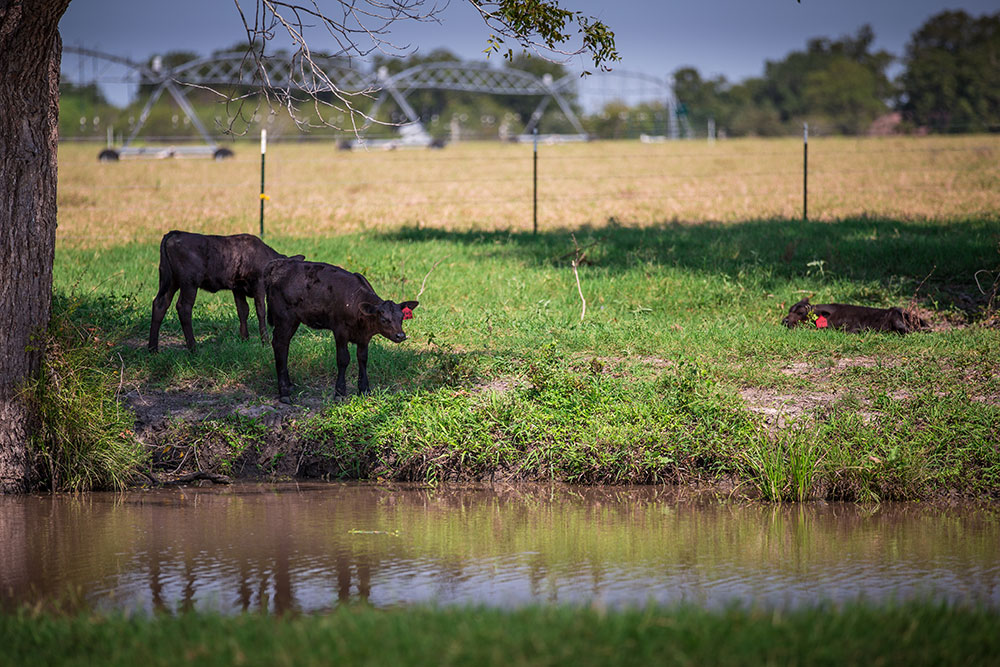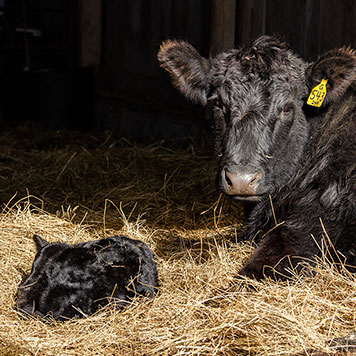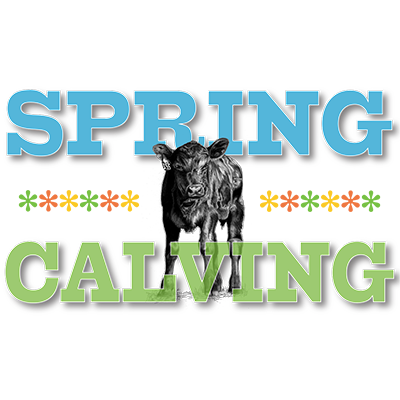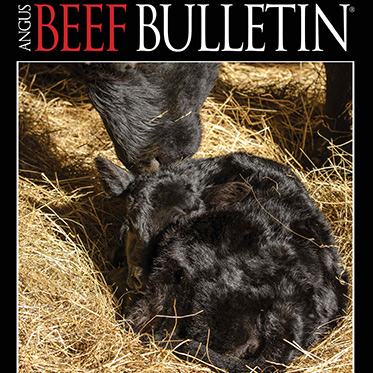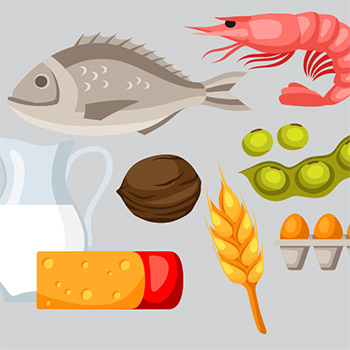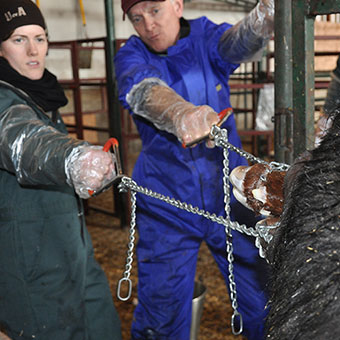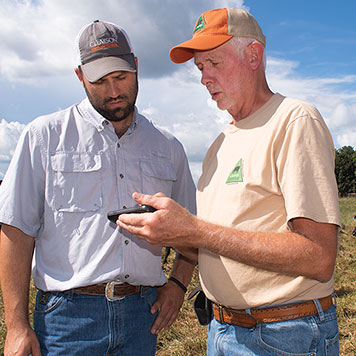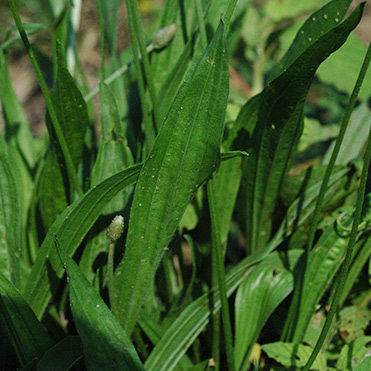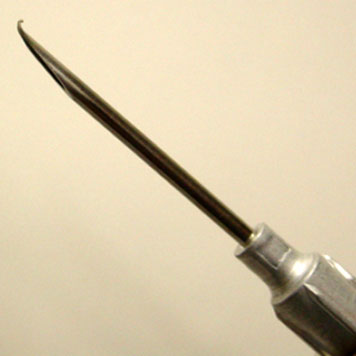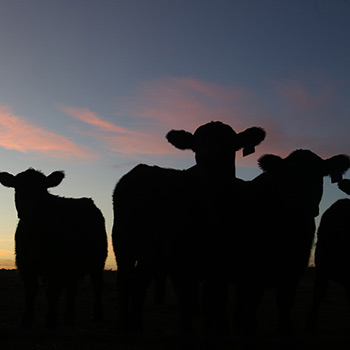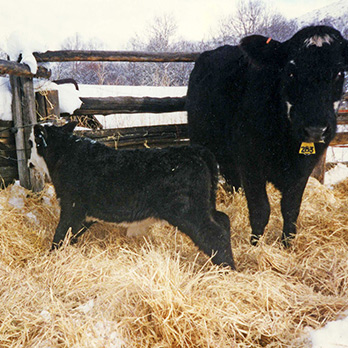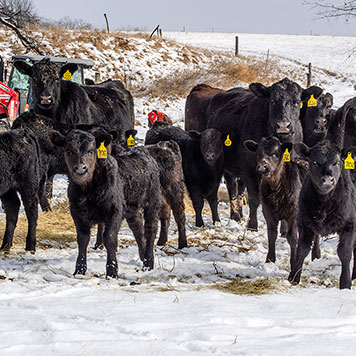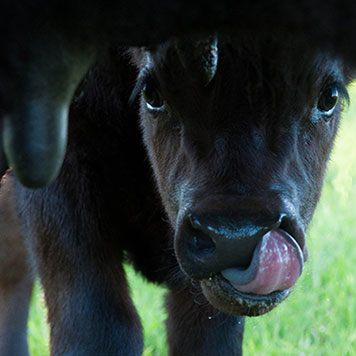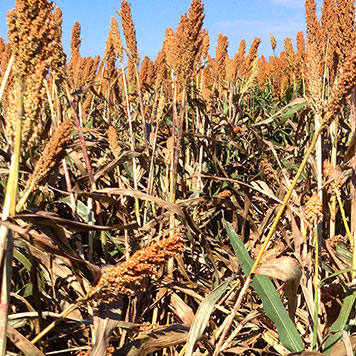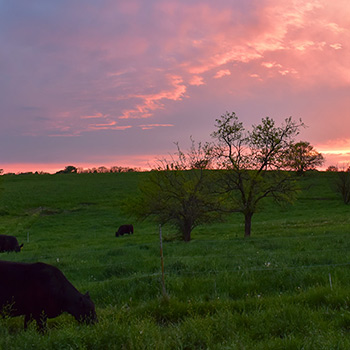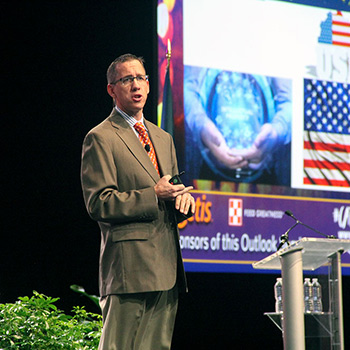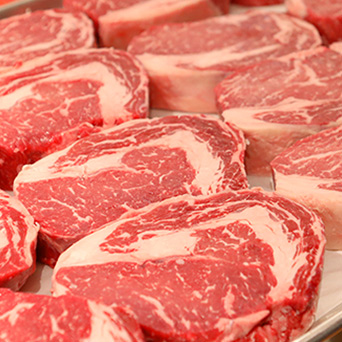Prepare for the Worst
Tips offered to prepare for many types of natural disaster.
She didn’t set out to be a disaster expert, but indoctrination by fire several times unintentionally created one. Christine Navarre left clinical veterinary practice to become an Extension veterinarian with Louisiana State University Agricultural Center. However, she started this new gig three days after Hurricane Katrina hit. Three weeks later, Hurricane Rita hit.
Living along the Gulf Coast means there are plenty of weather-related disasters from which to learn, and Navarre has a treasure trove of experience. She offers tips to better prepare for natural disasters, no matter your location.
